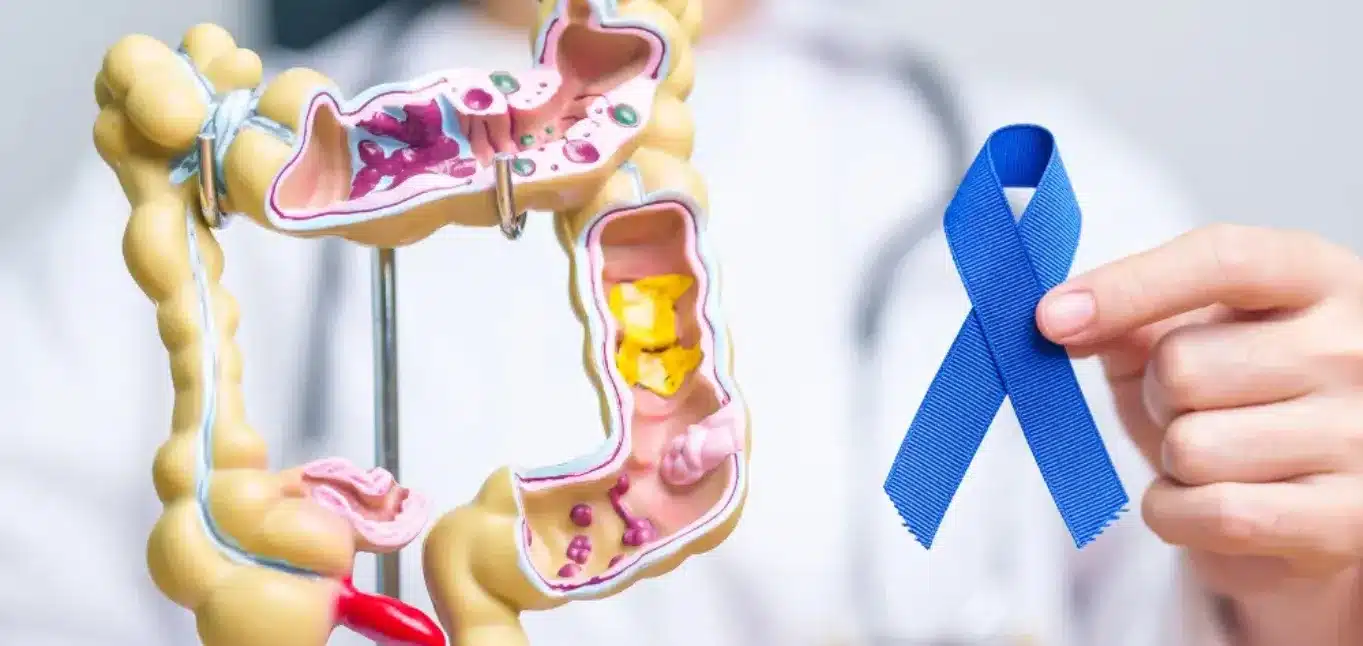Understanding Abdominal Pain
Abdominal pain can disrupt your day, impacting everything from your mood to your daily activities. It can arise from various causes, including indigestion, stress, or chronic digestive conditions like Irritable Bowel Syndrome (IBS) or GERD. Identifying the root cause is essential for effective treatment and relief.
At Merus Gastroenterology & Gut Health LLC, we understand how abdominal discomfort can affect your quality of life. Our team is dedicated to providing personalized care, helping you find relief that’s not only effective but also lasting. If you’re searching for a “gastroenterologist near me,” we proudly serve the greater Atlanta area with expert gastrointestinal care.
Common Causes of Abdominal Pain
Abdominal pain may be triggered by:
- Dietary Habits: Spicy, fatty, or acidic foods can cause discomfort.
- Stress and Anxiety: The gut-brain connection often links stress to digestive issues.
- Dehydration: A lack of fluids can hinder digestion and cause cramping.
- Underlying Medical Conditions: Chronic issues like Crohn’s disease, GERD, or ulcers often require expert diagnosis and treatment.
At-Home Remedies for Relief
For mild discomfort, try these simple remedies:
- Hydration: Drink plenty of clear fluids like water or ginger tea to soothe your stomach.
- Heating Pad: Apply gentle warmth to your abdomen to ease cramps.
- Mindful Eating: Stick to easy-to-digest foods like crackers, bananas, or plain rice.
- Light Activity: Gentle yoga or stretching can alleviate bloating and gas.
For long-lasting or recurring pain, consulting a specialist is crucial. At Merus Gastroenterology, we aim to address not just symptoms but the underlying cause of your discomfort.
When to See a Gastroenterologist
If your abdominal pain persists or worsens despite home remedies, it’s time to seek medical care. Signs that you may need to visit a gastroenterologist include:
- Prolonged or severe pain
- Vomiting, blood in stool, or unexplained weight loss
- Persistent bloating or changes in bowel habits
- Recurring heartburn or acid reflux
Our specialists at Merus Gastroenterology in Suwanee, GA, are ready to create a comprehensive treatment plan tailored to your needs.
Why Choose Merus Gastroenterology & Gut Health LLC?
At our female-led practice, we offer:
- Patient-Centric Care: Your health is our priority, and every treatment plan is designed to provide you with the best outcome.
- Experienced Team: Dr. Sumana Moole is a board-certified gastroenterologist with over 17 years of experience in digestive health.
- Comprehensive Services: From diagnostic procedures like colonoscopies to advanced treatments for chronic conditions, we offer it all.
- Convenient Location: When searching for a gastroenterologist near you, our clinic in Suwanee, GA, provides expert care with a personal touch.
Take the First Step Toward Relief
Don’t let abdominal pain ruin your day. Schedule an appointment with Merus Gastroenterology & Gut Health LLC and take a step toward lasting relief. Whether you need a routine check-up or specialized care, our team is here to help.
Visit us in Suwanee, GA, or contact us today to book your consultation with an experienced gastroenterologist near you. Your digestive health is just as important to us as it is to you!









